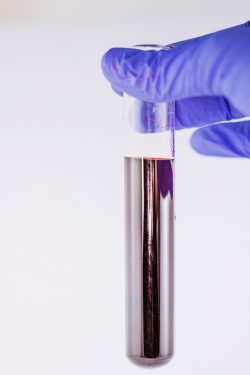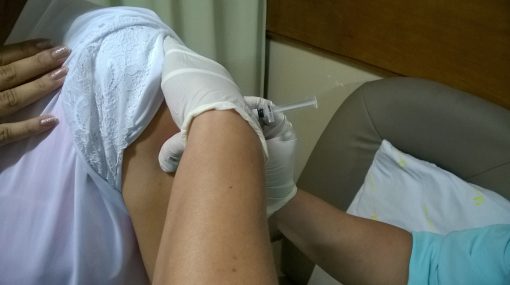How Long Do Pills Stay in Your System?
Different types of pills will stay in your system for different amounts of time. Most pills can often be detected days after use by a urine test. However, many different variables can affect the amount of time a specific drug will linger in a specific individual’s system.
Why Do Pills Linger in Your System?
Depending on the medication you take, the effects may last as little as 4 to 6 hours or as long as 48 hours. According to the National Institute of Justice, methadone, when used as a maintenance drug, can have effects that last as long as 36 hours in some individuals because it is a long-acting drug. However, just because you stop experiencing the effects of a certain pill doesn’t mean it has completely left your system.
The effects of a pill will eventually wear off, but it takes time to fully excrete it. As such, traces of the drug will linger in your system, usually for a few days or longer after you take it. This allows for drug tests to ensure that a person has not used a certain type of drug or medication recently.
How Long Do Pills Stay in Your System?

Pills can be detected in the blood for a few hours to a few days.
According to the U.S. Food and Drug Administration, these are some of the common timeframes in which a particular type of pill could linger in a person’s system, causing them to provide a positive drug test.
- Opiates: 1 to 3 days
- Speed (amphetamine, methamphetamine): 2 to 3 days
- PCP: 7 to 14 days
- Ecstasy: 2 to 4 days
- Benzodiazepines: 1 to 4 days
- Barbiturates: 1 to 3 weeks
- Tricyclic Antidepressants: 2 to 7 days
With the exception of barbiturates, most pills will leave a person’s system after a week or so. However, these numbers reflect the amount of time in which a substance can be detected using a urine test. Traces of most drugs, including medications in pill form, can be found in ones hair follicles using a hair test up to 90 days after their last use.
https://www.methadonecenters.com/wp-content/themes/methadonecenters.com
What Else Can Affect the Amount of Time Pills Stay in Your System?
There are many variables that can cause the pills a person uses (or abuses) to linger for a longer period in their systems or be excreted more quickly.
- Body size and weight: Certain drugs, such as opioids, are likely to store in the fatty tissues of the body. Therefore, someone who is larger or has more fat may keep traces of certain pills in their systems for a longer period of time.
- Metabolism: Someone with a naturally fast metabolism will process pills, food, etc. faster.
- Age: The older you get, the more your metabolism slows down, which will cause any pills you take to take a longer amount of time to leave your system.
- General health: Someone who is healthier will process a medication out of their body more quickly. Especially those with unhealthy livers will likely have a difficult time processing drugs whether they are abusing them or not. In addition, individuals who abuse drugs often experience poorer health, which creates a cyclical effect.
- Frequency of use: Those who take a pill every single day are likely to see traces of it build up in their systems.
- Quantity of use: People who abuse drugs constantly are likely to have a buildup in their systems as well. This is why many addicts cannot simply stop using for a few days and then pass a drug test.
How Can I Find Help for Drug Abuse?
Those who misuse drugs frequently and in large quantities often struggle with quitting on their own. Instead, professional rehab is necessary to help addicts put an end to their substance abuse and start their lives anew.
Ready to begin your recovery journey? Call 800-994-1867Who Answers? to learn about available treatment programs for drug and alcohol addiction.
